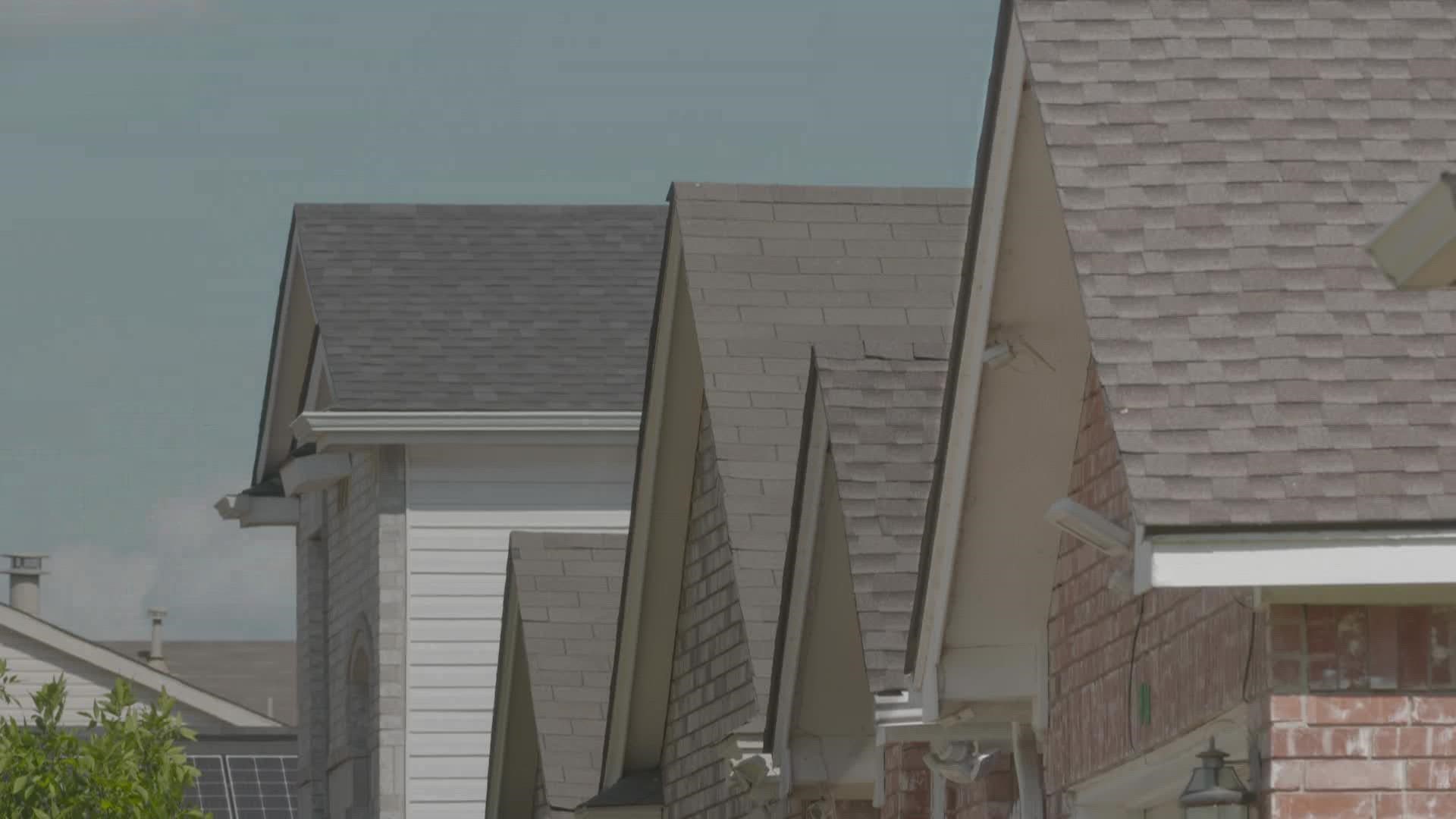FORT WORTH, Texas — They’ve become a popular choice: short term rentals, such as Airbnb rentals.
Cities nationwide, including Fort Worth, are grappling with how to handle short-term rentals.
The issue brings out mixed feelings from residents.
This week, the city held two public meeting to discuss how it may handle short-term rentals, or STRs, moving forward.
During a public hearing on Tuesday, city leaders heard strong opinions from people on both sides of the issue.
Fort Worth resident Mike Holt spoke out against STRs.
“They had broken into my home, got in my hot tub and lit my chimney up,” Holt said.
Another resident, Cassie Warren, said she supports STRs, which have given her the opportunity to invest and earn extra income.
“They are needed in Fort Worth. What we disagree on is where they should be located,” Warren said.
On Thursday, city leaders held another public meeting, in which they answered questions and provided more information about STRs and the city's proposed regulations.
Assistant city manager Dana Burghdoff said the city has been reactive in the way it approaches STRs. In the future, the city may shift into a more proactive approach.
“We would like to know if council would like to be more proactive, in which case we would need to hire code officers,” Burghdoff said. “If most STR activity is happening with single family homes, then those are not legal today.”
Under the city’s current ordinance, STRs are only allowed in some parts of the city, which include areas with businesses and mixed-use business and residential areas. STRs are not legally permitted in residential neighborhoods in Fort Worth.
Now, the city is considering four different zoning options.
Here’s a breakdown of what each of the four options entails:
- Option One: Retain current zoning ordinance (continue to require a zoning change for short-term rentals in residential zoning
- Option Two: Treat STRs as Bed and Breakfasts, which would require conditional-use permits and zoning changes. This option would have a five-year time limit and require renewal. It would not allow STRs within single-family zoning, only in multi-family units.
- Option Three: Allow owner-occupied short-term rentals by conditional use permit in all residential districts, in up to 5-10% of the block or multifamily building. This option would require a permitting process and zoning change.
- Option Four: Allow owner-occupied STRs in certain neighborhoods or city-wide in up to 5-10% of the block or multifamily building. This option would limit bookings to 30 nights per year and require a conditional-use permit and zoning changes.
City leaders are set to consider resident feedback from public sessions and online surveys and will revisit the issue in mid-August. An exact timeline for a decision hasn’t been determined, Burghdoff said.
Until then, residents will continue to clash over the heated debate.

